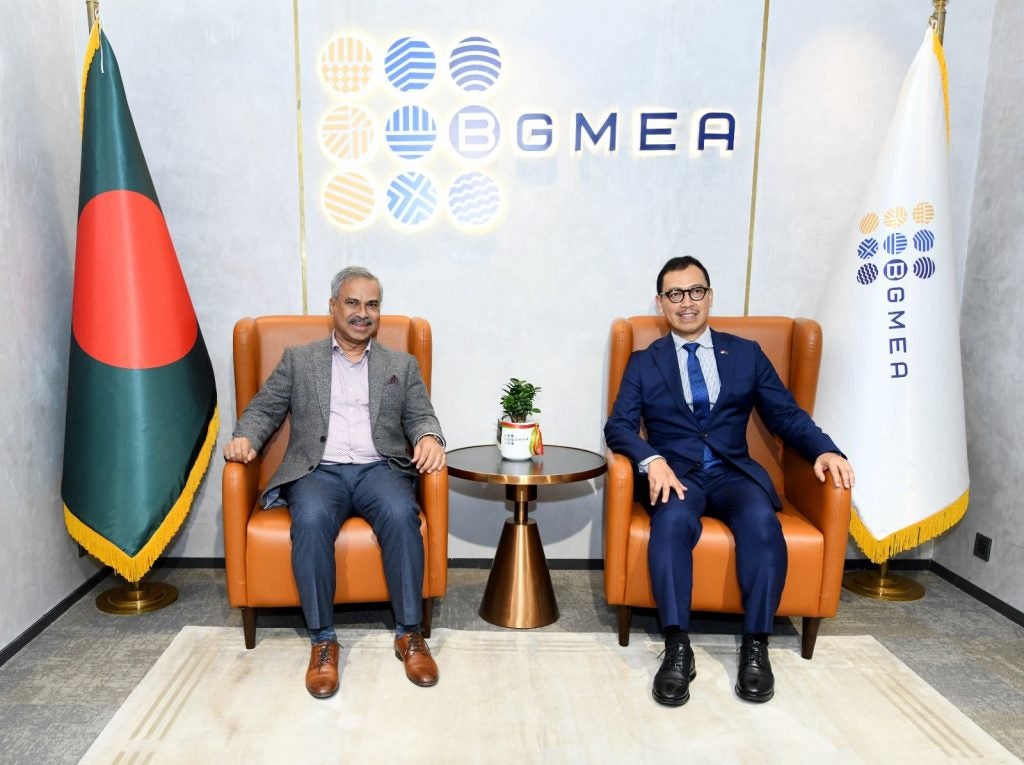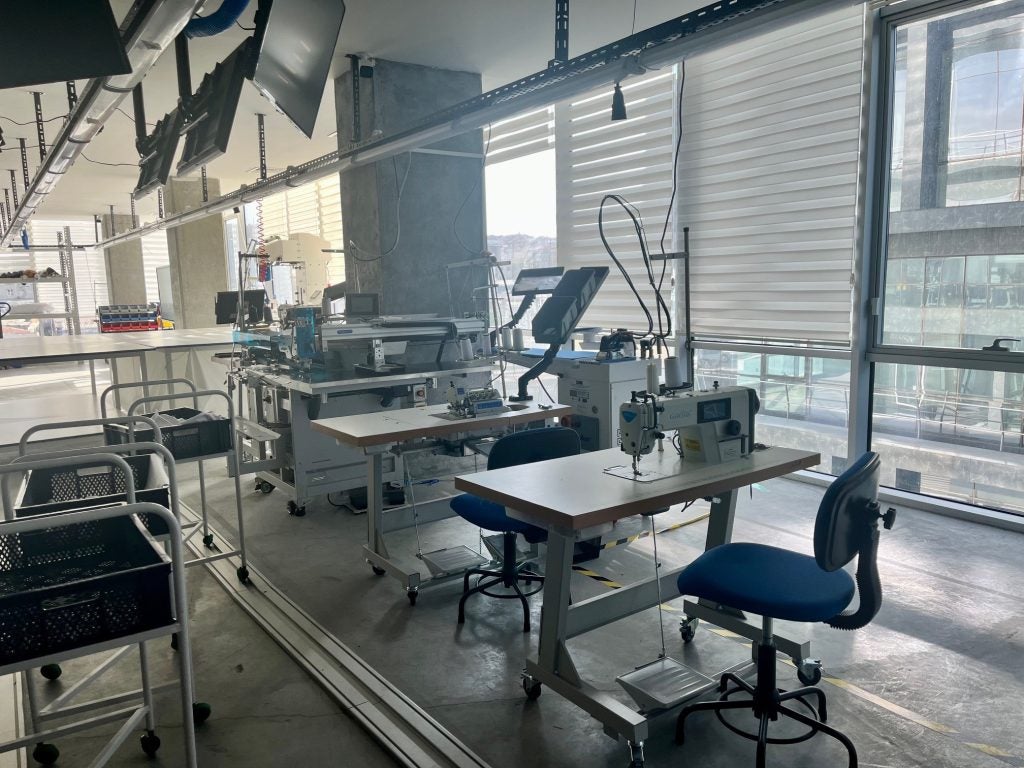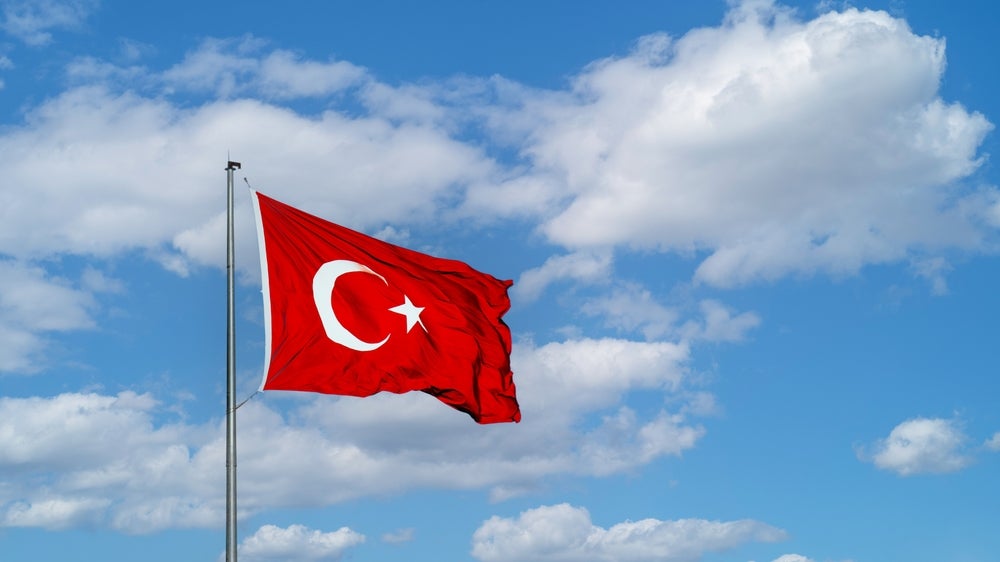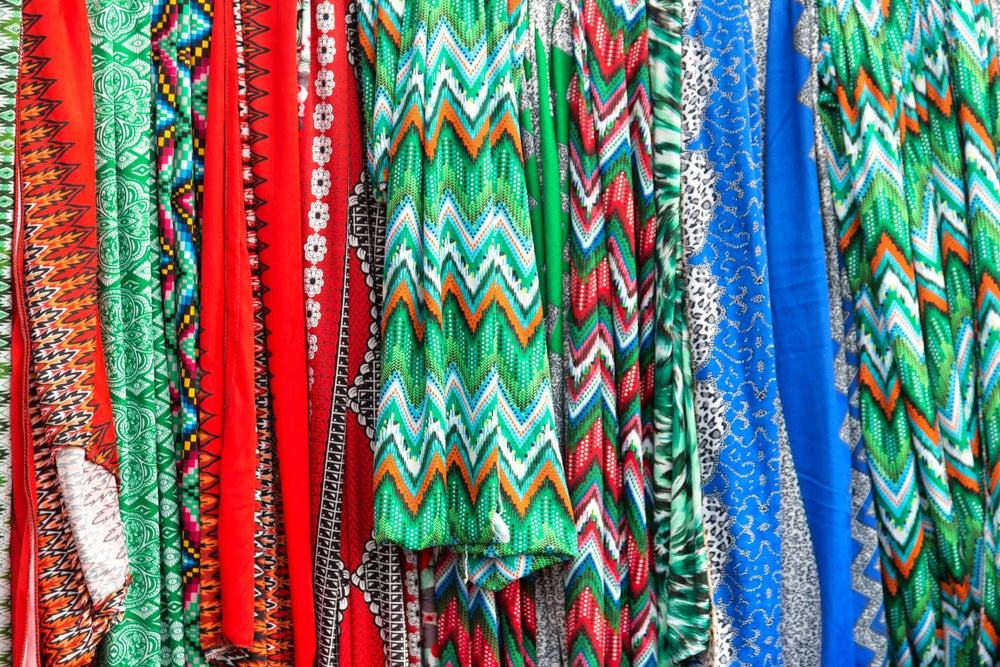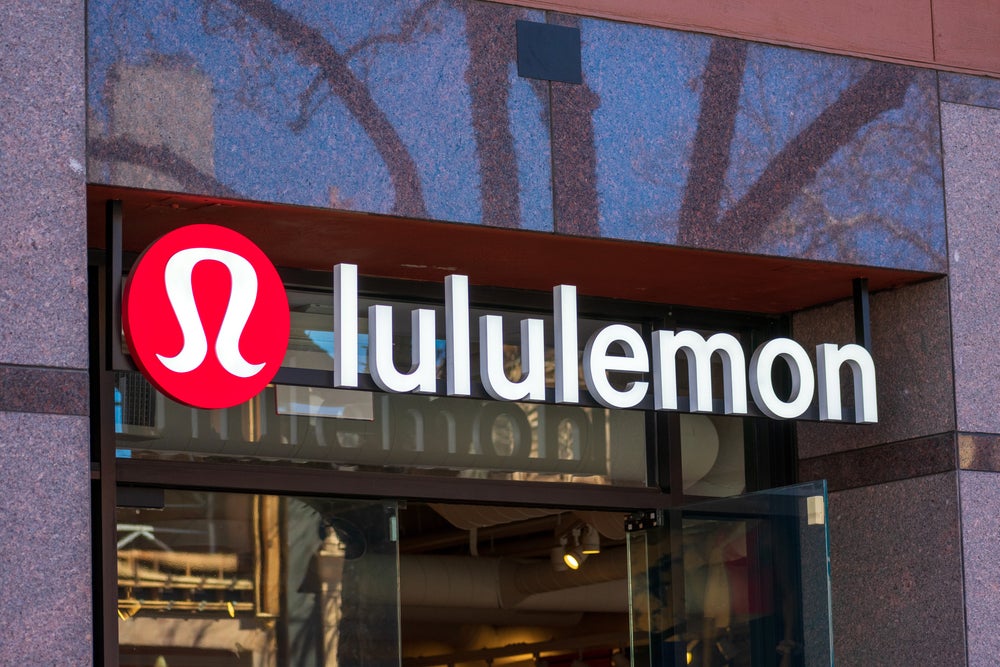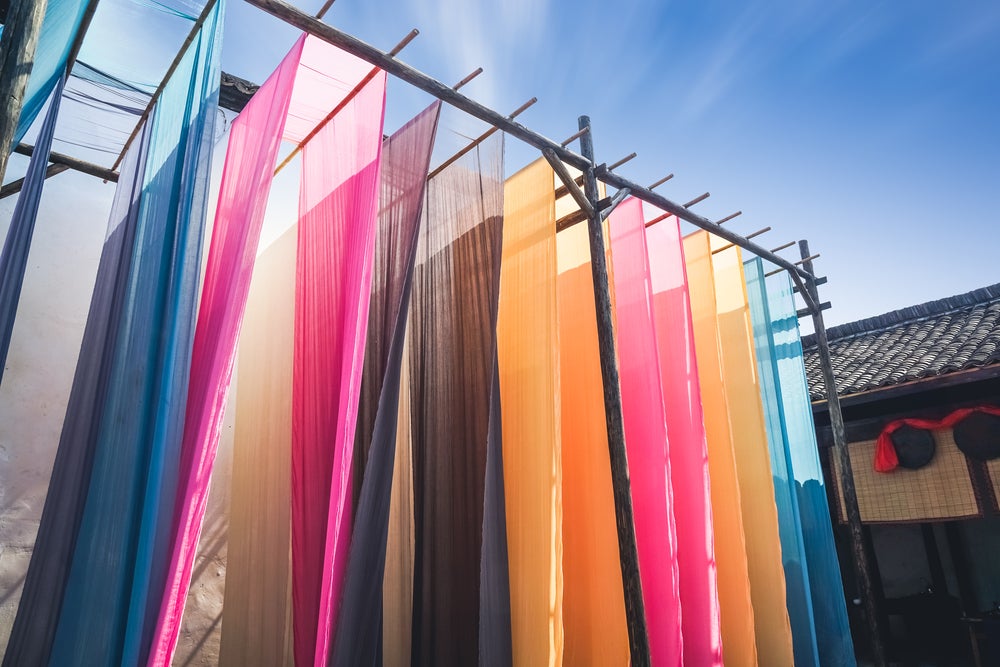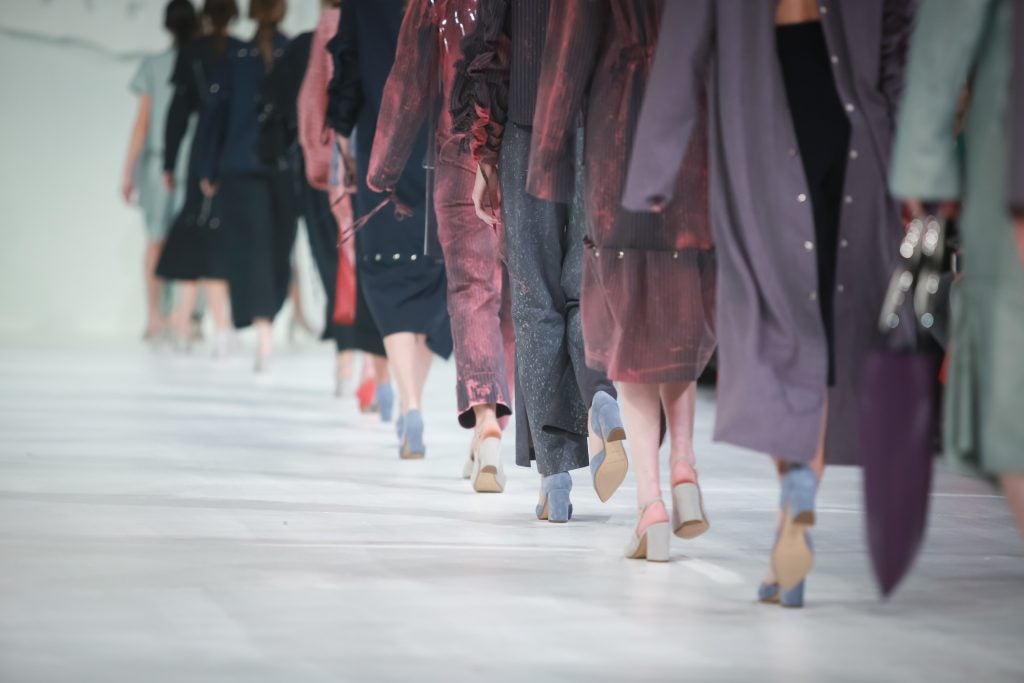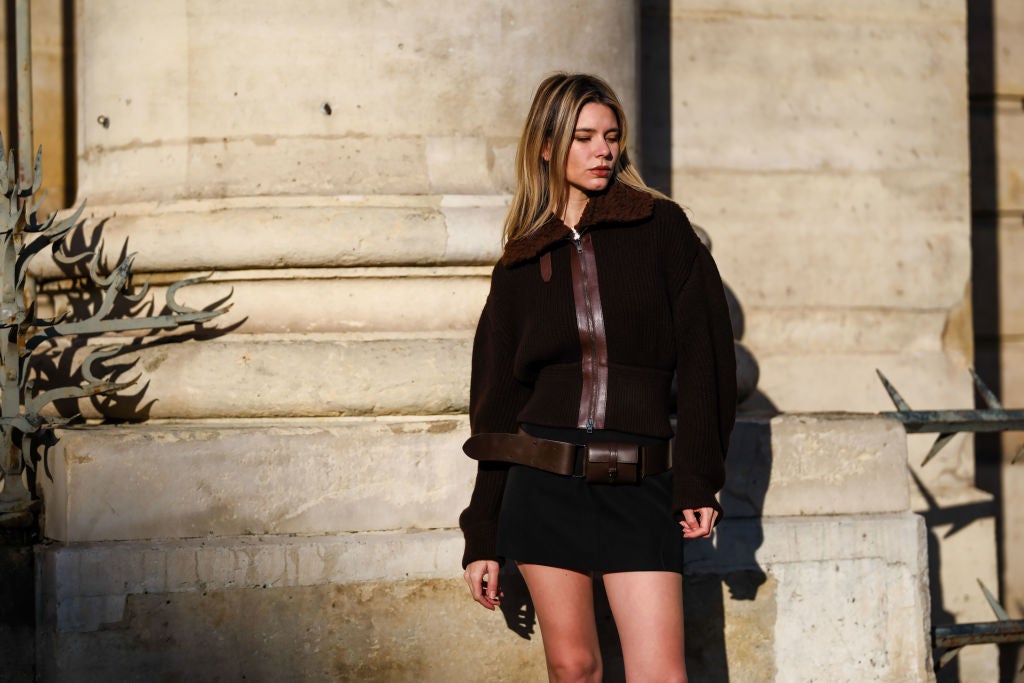BGMEA explained that the meeting was aimed at bolstering bilateral trade ties between Bangladesh and Indonesia, with a particular emphasis on advancing cooperation within the apparel and textile industry.
These discussions also included a range of trade-related matters, with both parties expressing a strong interest in identifying new avenues for collaboration, aiming to maximise the full potential of mutual trade and investment.
Hassan briefed the envoy on Bangladesh's increased focus on diversifying its garment sector, particularly by expanding into the production of high-value apparel, using man-made fibres. He also informed the ambassador that Bangladesh can import man-made fibres and yarn from Indonesia.
BGMEA also urged Ambassador Subolo to encourage Indonesian businesses to invest in the man-made textile sector in Bangladesh, highlighting the promising prospects for a mutually beneficial partnership. He pointed to the industry’s interest in increasing apparel exports to Indonesia and sought cooperation of the ambassador.
Hassan sought the Ambassador's support in facilitating collaboration between BGMEA University of Fashion and Technology (BUFT) and fashion institutes in Indonesia. He said the BGMEA aims to enhance the knowledge and skills of BUFT students in areas such as fashion design, product development, technologies, and other relevant fields.
Earlier in January, Chittagong Port Authority in Bangladesh, revoked the value-added tax (VAT) on port services for export-oriented industries, a move deemed “positive” by Hassan for the Bangladesh garment industry.
At the time, Hassan told Just Style exclusively that the decision to withdraw VAT on port services will “reduce operational costs” for Bangladesh businesses grappling with the current global economic headwinds.
According to multiple local reports, the National Board of Revenue initially introduced a 15% VAT on port services for fully export-oriented industries and factories through two separate statutory regulatory orders in 2019 and 2021.


